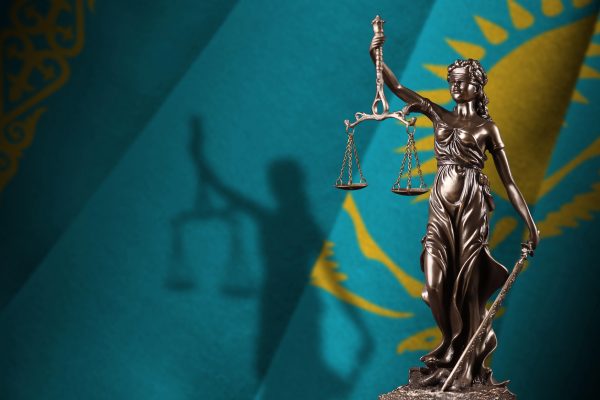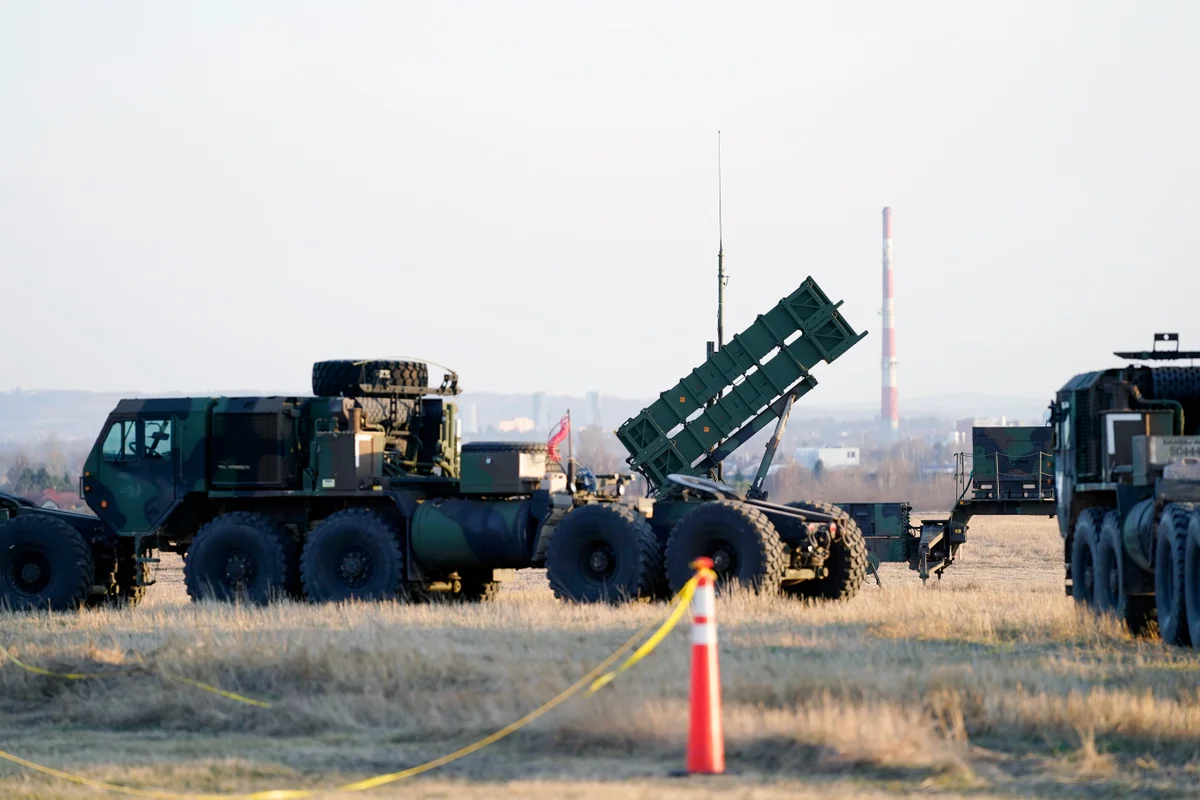An Open Femicide Trial in Kazakhstan Sparked Progress on Gender-based Violence, But More Must Be Done
By Svetlana Dzardanova
Copyright thediplomat

In recent years, a notable shift has occurred within Kazakh society concerning issues of gender-based violence. Public consciousness has risen, fostering a climate far less tolerant of such behavior than in the past. This evolving societal attitude is evidenced by the increasing prevalence of cancel culture in Kazakhstan, where companies sever ties with public figures implicated in violence against women, and a surge in public condemnation directed toward perpetrators of domestic abuse. This shift is reflected not only in public discourse but also in the legal and political spheres. As a result, survivors are presented with a greater opportunity to seek and obtain criminal accountability for their abusers, marking a turning point in the fight for justice and safety for women in Kazakhstan. The shift can be traced back to the night of November 8-9, 2023, when former Minister of National Economy Kuandyk Bishimbayev brutally beat and killed his wife, Saltanat Nukenova. The torture lasted almost 24 hours in a luxurious restaurant owned by the Bishimbayev family. The resulting criminal trial, the first in Kazakhstan to be broadcast live and overseen by a jury, served as a crash course in legal literacy for the public and a powerful antidote to societal indifference. The public attention and high-profile nature of the case motivated legislative change. In April 2024, Kazakhstan strengthened its laws, introducing amendments that criminalized domestic violence. The Saltanat Law enacted criminal penalties for offenses previously dealt with administratively, such as intentional infliction of minor harm and battery. Further measures included regulations designed to prevent reconciliation in cases involving physical violence and repeated offenses. These legislative moves marked a substantial shift toward addressing domestic violence proactively, further enhancing support mechanisms for survivors through family support centers. Since the law’s enactment, at least 25 perpetrators of sexual violence against children have received life sentences. Officials also reported a 20.5 percent drop in domestic violence cases in the first five months of 2025 compared to the same period in 2024, with serious and particularly grave offenses declining by 29 percent and 44 percent, respectively. Kazakhstan has also taken steps to criminalize stalking and is preparing to introduce penalties for workplace sexual harassment. Despite these positive steps, reports of attacks and violent deaths of women continue to emerge. Recently, the media published information about the torture of a woman who was brutally killed when her husband dragged her across the steppe tied to a horse. Another case involved a sexual harassment incident in a mosque in Aqtobe, sparking public outrage and debate. Women’s rights defenders in Kazakhstan also face daily risks. One notable case involves state-led persecution of Dina Tansari (Dinara Smailova), founder of the NeMolchiKZ Foundation, which supports victims of violence and has exposed cases of police inaction, leading to criminal prosecution and her forced departure from the country. Kazakh security forces placed her on the international wanted list in 2023. (She has been granted refugee status in Montenegro.) Kazakhstan should be, and has been, commended for strengthening legal protections for women and holding perpetrators accountable, but more must be done. Kazakhstan’s efforts to improve gender policy have been acknowledged by the Parliamentary Assembly of the Council of Europe (PACE), which adopted two significant declarations: declaration No. 809 and declaration No. 806, reflecting the ongoing commitment to achieve gender equality and empower all women and girls. This goal was initially presented by Kazakh President Kassym-Jomart Tokayev at the 74th session of the U.N. General Assembly in 2019, signaling Kazakhstan’s commitment to not just acknowledge but actively promote gender equality and the protection of women across borders. The U.N. General Assembly adopted a resolution (79/268) in March 2025, supporting the establishment of a U.N. Regional Center for Sustainable Development Goals (SDGs) for Central Asia and Afghanistan in Almaty. This initiative is not merely symbolic but reinforces Kazakhstan’s commitments under the SDGs, particularly Goal 5, which highlights the elimination of gender-based violence as a prerequisite for the realization of all other rights and freedoms. These small signs of progress provide ground for cautious optimism in the field of women’s and girls’ rights. In 2025, Kazakhstan achieved a significant milestone with Madina Dzharbusynova taking office in the Committee on the Elimination of Discrimination against Women (CEDAW). As a distinguished Kazakhstani diplomat and senior adviser to U.N. Women Kazakhstan, her presence on CEDAW marks an important step forward not only for Kazakhstan but also for the entire Central Asian region, promising increased international attention to women’s rights issues. Furthermore, given her influential position, it is a sincere hope of many members of civil society that Dzharbusynova will consider championing the the creation of a new Optional Protocol to CEDAW to end violence against women and girls, further strengthening the mechanisms for addressing and redressing violations of women’s rights globally. However, while legislative progress and international recognition are encouraging, the practical implementation of these reforms remains a complex challenge for Kazakhstan. Many survivors continue to face difficulties accessing justice due to enduring social stigma, inadequate protection measures, and inconsistent enforcement of new laws. Grassroots organizations and civil society activists emphasize the importance of ongoing public education, effective law enforcement training, and robust monitoring systems to ensure that the rights of women and girls are fully protected in daily life. As Kazakhstan continues its political and economic modernization, reinforcing its commitment to global women’s rights standards requires not only effective enforcement of domestic violence laws, protection of women’s rights defenders, challenging harmful social norms through education, promoting women’s economic empowerment, and improving data collection on violence against women, but also actively changing the harmful narrative around women’s rights and domestic violence. This can be achieved by ensuring that the country’s leadership consistently addresses these issues in public speeches, clearly denouncing violence and supporting gender equality. Coupled with support for the new CEDAW Optional Protocol, these actions will further strengthen Kazakhstan’s leadership in advancing women’s rights.



